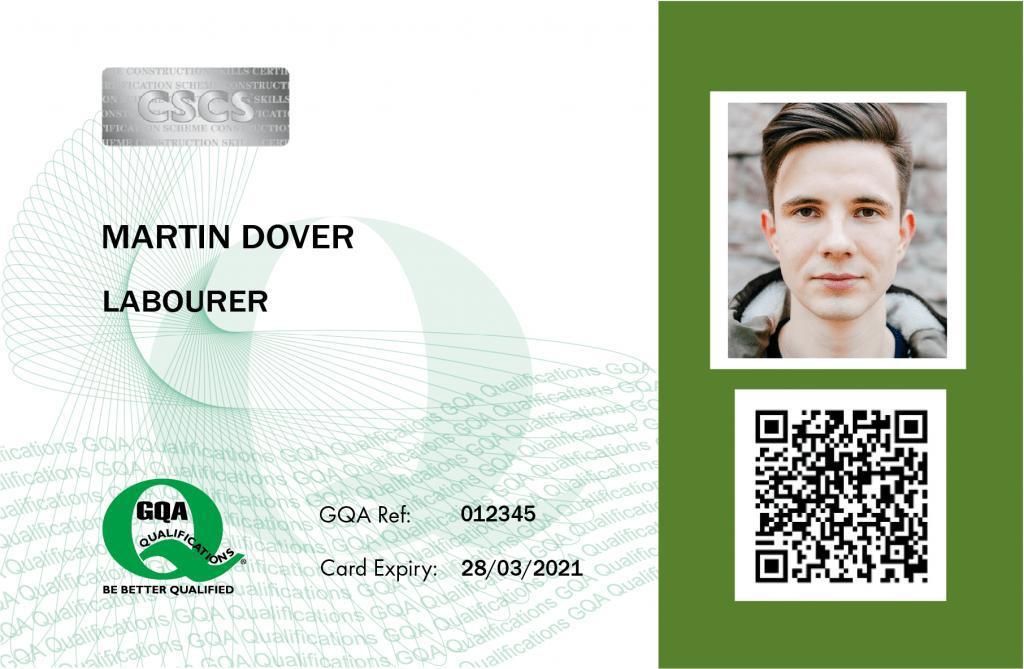
Leadership, Management, Innovation in Professional and Knowledge-Intensive Organizations
Course ID: 2507074501078EGI
Course Dates : 07/07/25 Course Duration : 5 Studying Day/s Course Location: Istanbul, Turkey
Language: Bilingual
Course Category: Professional and CPD Training Programs
Course Subcategories: Leadership and Management Excellence
Course Certified By: * Projacs Academy
* Professional Training and CPD Programs
Certification Will Be Issued From :
KSA
Course Fees: £3,444.91
Vat Not Included in the price. VAT may vary depending on the country where the course or workshop is held.
Click to Pay
Date has passed please contact us Sales@e-s-hub.com
Course Information
Introduction
The landscape of professional and knowledge-intensive organizations is characterized by rapid technological advancements, evolving market demands, and an increasing reliance on intellectual capital. Such organizations operate in environments where innovation is not merely a competitive advantage but a necessity for survival. Leadership and management within these settings require a unique blend of strategic vision, adaptability, and the ability to harness collective expertise. This course delves into the intricate interplay between leadership, management, and innovation, equipping participants with the tools to navigate complex organizational dynamics effectively.
Leadership in knowledge-intensive organizations transcends traditional hierarchical models. It involves fostering collaboration, nurturing talent, and creating an environment where creativity can flourish. The challenges faced by leaders in such contexts are multifaceted, ranging from aligning diverse teams with organizational goals to managing resistance to change. These challenges are compounded by the need to balance short-term operational demands with long-term strategic objectives. Addressing these issues requires a deep understanding of both human behavior and systemic processes, which this course aims to cultivate.
Management in these organizations is equally demanding, as it necessitates the integration of technical expertise with managerial acumen. Managers must ensure that resources are allocated efficiently, workflows are optimized, and performance metrics are aligned with organizational priorities. At the same time, they must remain attuned to the nuances of interpersonal relationships and the cultural fabric of their teams. The course explores how effective management practices can bridge the gap between strategy and execution, enabling organizations to achieve sustainable growth.
Innovation serves as the cornerstone of success in knowledge-intensive industries. It is not confined to the development of new products or services but extends to process improvements, business models, and customer experiences. Encouraging a culture of innovation requires leaders and managers to embrace ambiguity, challenge conventional thinking, and empower employees to experiment without fear of failure. This course examines the frameworks and methodologies that facilitate innovation, providing participants with actionable insights they can apply in their respective roles.
The benefits of mastering leadership, management, and innovation in professional and knowledge-intensive organizations are manifold. Participants will gain a deeper appreciation for the interconnectedness of these domains and develop the skills needed to drive organizational excellence. Enhanced decision-making capabilities, improved team dynamics, and increased adaptability to change are just a few of the outcomes that can be expected. Moreover, the course emphasizes the ethical dimensions of leadership and innovation, ensuring that participants contribute positively to their organizations and society at large.
By addressing the complexities of modern organizations, this course offers a comprehensive exploration of leadership, management, and innovation. It is designed to equip professionals with the knowledge and competencies required to thrive in dynamic environments. Through a combination of theoretical insights and practical applications, participants will emerge better prepared to tackle the challenges of today and anticipate the opportunities of tomorrow.
Objectives
By attending this course, participants will be able to:
Develop a robust understanding of leadership principles tailored to knowledge-intensive organizations.
Apply advanced management techniques to optimize resource allocation and enhance operational efficiency.
Design and implement strategies to foster a culture of innovation within their teams and organizations.
Analyze case studies to identify best practices in leadership, management, and innovation.
Evaluate the impact of emerging technologies on organizational processes and decision-making.
Demonstrate proficiency in ethical leadership and its role in driving sustainable organizational growth.
Utilize tools and frameworks to assess and mitigate risks associated with change management.
Cultivate emotional intelligence and interpersonal skills to strengthen team dynamics and collaboration.
Who Should Attend?
This course is ideal for:
Mid-to-senior-level managers seeking to enhance their leadership capabilities in knowledge-intensive industries.
Professionals working in technology-driven sectors such as IT, healthcare, finance, and engineering.
Consultants and advisors who support organizations in navigating complex challenges and driving innovation.
Entrepreneurs and business owners aiming to build resilient and adaptive enterprises.
HR and organizational development specialists focused on talent management and workplace culture.
Individuals pursuing continuing professional development (CPD) to stay abreast of industry trends and best practices.
Training Method
• Pre-assessment
• Live group instruction
• Use of real-world examples, case studies and exercises
• Interactive participation and discussion
• Power point presentation, LCD and flip chart
• Group activities and tests
• Each participant receives a 7” Tablet containing a copy of the presentation, slides and handouts
• Post-assessment
Program Support
This program is supported by:
* Interactive discussions
* Role-play
* Case studies and highlight the techniques available to the participants.
Daily Agenda
The course agenda will be as follows:
• Technical Session 08.30-10.00 am
• Coffee Break 10.00-10.15 am
• Technical Session 10.15-12.15 noon
• Coffee Break 12.15-12.45 pm
• Technical Session 12.45-02.30 pm
• Course Ends 02.30 pm
Course Outlines
Foundations of Leadership in Knowledge-Intensive Organizations
Understanding the unique characteristics of knowledge-intensive organizations.
Exploring leadership styles and their impact on organizational culture.
Building trust and credibility as a leader in high-stakes environments.
Case study analysis: Lessons from successful leaders in tech and healthcare.
Day 2:
Advanced Management Practices for Operational Excellence
Principles of resource optimization and workflow management.
Balancing strategic vision with day-to-day operational demands.
Tools for measuring and improving team performance.
Workshop: Developing a customized management framework for your organization.
Day 3:
Driving Innovation and Creativity
Defining innovation: Beyond products to processes and systems.
Frameworks for fostering a culture of experimentation and learning.
Overcoming barriers to innovation: Resistance, risk aversion, and resource constraints.
Group activity: Brainstorming innovative solutions to real-world organizational challenges.
Day 4:
Navigating Change and Uncertainty
The role of leadership in managing organizational change.
Techniques for building resilience and adaptability in teams.
Risk assessment and mitigation strategies in dynamic environments.
Interactive session: Simulating crisis scenarios and developing response plans.
Day 5:
Ethical Leadership and Future Trends
The importance of ethical considerations in leadership and innovation.
Emerging technologies and their implications for leadership and management.
Preparing for the future: Anticipating trends and staying ahead of the curve.
Final workshop: Creating a personal action plan for applying course learnings.



















































